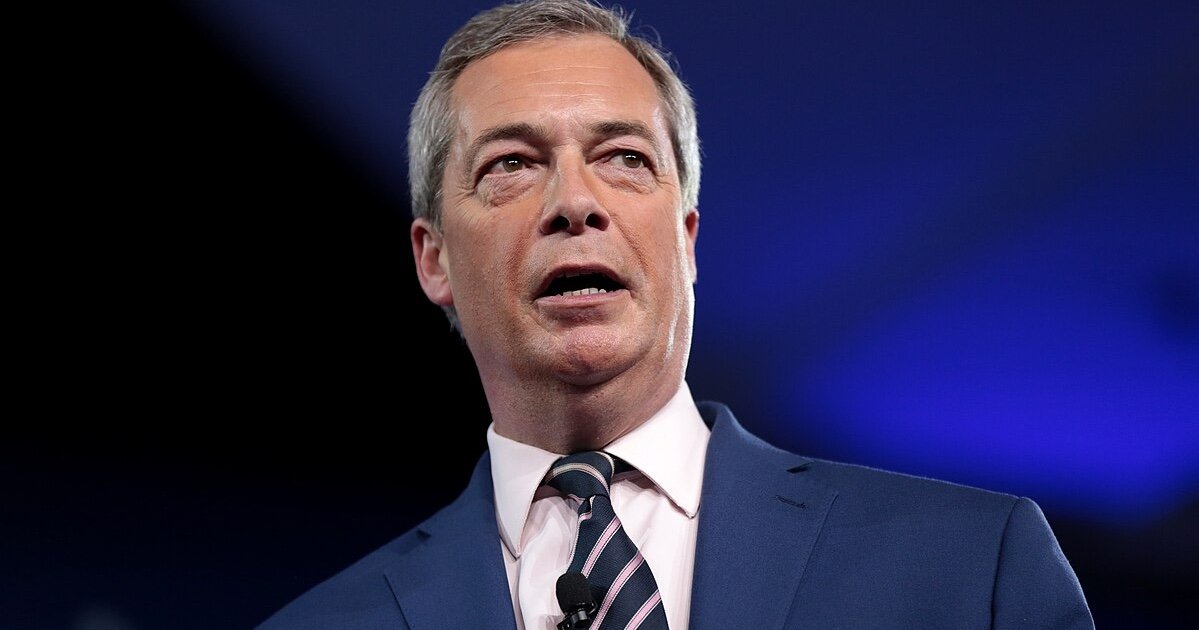The Labour Party’s Claims About Reform UK’s NHS Policy: An Analysis
As healthcare remains a polemical topic in the UK, an alarming story unfolded recently when the Labour Party launched a series of attacks on Reform UK, alleging that if elected, Reform would impose exorbitant charges for NHS services. In a campaign filled with heated exchanges, Labour presented dramatic figures, suggesting that visits to General Practitioners could cost patients as much as £129, while surgical procedures like appendix removal might reach £10,958. Critics and supporters alike are left to question: what will the future of the NHS look like if Reform UK gains power?
What has Labour claimed?
The Labour Party has intensified its rhetoric against Reform UK, culminating in a wave of social media posts that accuse the party of setting the stage for an American-style healthcare model. These assertions are bolstered by an array of startling figures shared across various platforms. Notably, a mocked-up “NHS bill under Reform” surfaced, accompanied by a graphic that detailed costs juxtaposed with hypothetical scenarios under an insurance-based system.
Labour strategically harnessed snippets of comments made by Reform UK leader Nigel Farage, capitalizing on his statements regarding the NHS’s funding model. A video shared by Labour featured Mr. Farage saying he was “open to anything” concerning the funding for healthcare, extracted from an interview without crucial context and raising eyebrows about his commitment to the NHS in its current form.
Allegations have heightened to the point where Prime Minister Sir Keir Starmer asserted that Farage’s rhetoric implies that “those who can afford to pay should pay for healthcare,” painting a bleak picture of the NHS’s future under Reform UK.
What have Reform UK and Mr. Farage said about NHS funding?
In stark contrast, Reform UK has vehemently rebuffed Labour’s claims, consistently maintaining that it intends to uphold the NHS as “free at the point of delivery.” In declining to establish charges for healthcare, the party produced clear statements to this effect, even outlining similar pledges in their official manifesto. Mr. Farage, while reaffirming this commitment, did mention the potential for a re-examination of the NHS funding model, leading to some scepticism from critics.
“The NHS is an institution that must remain accessible to all; we must explore funding solutions without compromising its foundational principles,” stated Dr. Bea Thornton, a health economist at the University of London. “While concerns about efficiency are valid, any move towards a payment-based system threatens to alienate many who rely on the service.”
How does the French-style insurance model work?
In discussions surrounding alternative funding models, Mr. Farage has alluded to a “French-style insurance model.” In France, healthcare operates through a combination of statutory health insurance and supplementary private insurance, where costs are often recouped only after patients pay upfront for services. This indicates a shift towards a model that many in the UK fear could lead to an inequitable healthcare system.
The complexities of such a transition are immense, and the implications for patients could be staggering. Dr. Sarah Lin, a health policy expert, noted, “The French system, while efficient, poses significant barriers for the less affluent, often leaving them underinsured.”
What about the specific charges quoted by Labour?
Labour’s numerical claims have stirred debate and confusion. The figures cited—like £1,368 for an A&E visit and £71,997 for coronary bypass surgery—are based on comparisons with U.S. healthcare prices. Notably, these benchmarks were announced with little context, failing to clarify that they rely on hypothetical scenarios should Reform UK implement a new funding strategy.
- GP appointment: £129
- MRI scan: £457
- Ambulance: £1,045
- A&E Visit: £1,368
- Coronary bypass surgery: £71,997
Labour’s strategic framing of these figures as potential costs under Reform UK raises questions about the accuracy and intent behind them. Critics argue that the focus should rather be on systemic reform rather than spurious estimates devoid of solid grounding.
Ultimately, the storm of rhetoric surrounding NHS funding models reveals deeper anxieties about health equity in the UK. “We need a careful analysis rather than hyperbole,” advised Dr. Thomas Lane, a political analyst who specializes in healthcare systems. “Fact-checking each side will illuminate the public debate about what healthcare should look like in the future.”
The evolving narrative offers a glimpse into the tension that will shape Britain’s political landscape in the coming years. Both parties have adopted polarizing strategies, yet beneath the surface lies the collective concern for a health service that has become emblematic of the nation itself. Whether these claims will translate into tangible policy outcomes remains to be seen, but the stakes have never been higher for a service that millions depend on.
Image Source: fullfact.org


